Ever think about how your grandparents managed to live so resourcefully? Turns out, they were onto something with their simple, sustainable practices. Here’s a look back at the surprisingly eco-friendly ways of yesteryear.
1. Growing Their Own Food
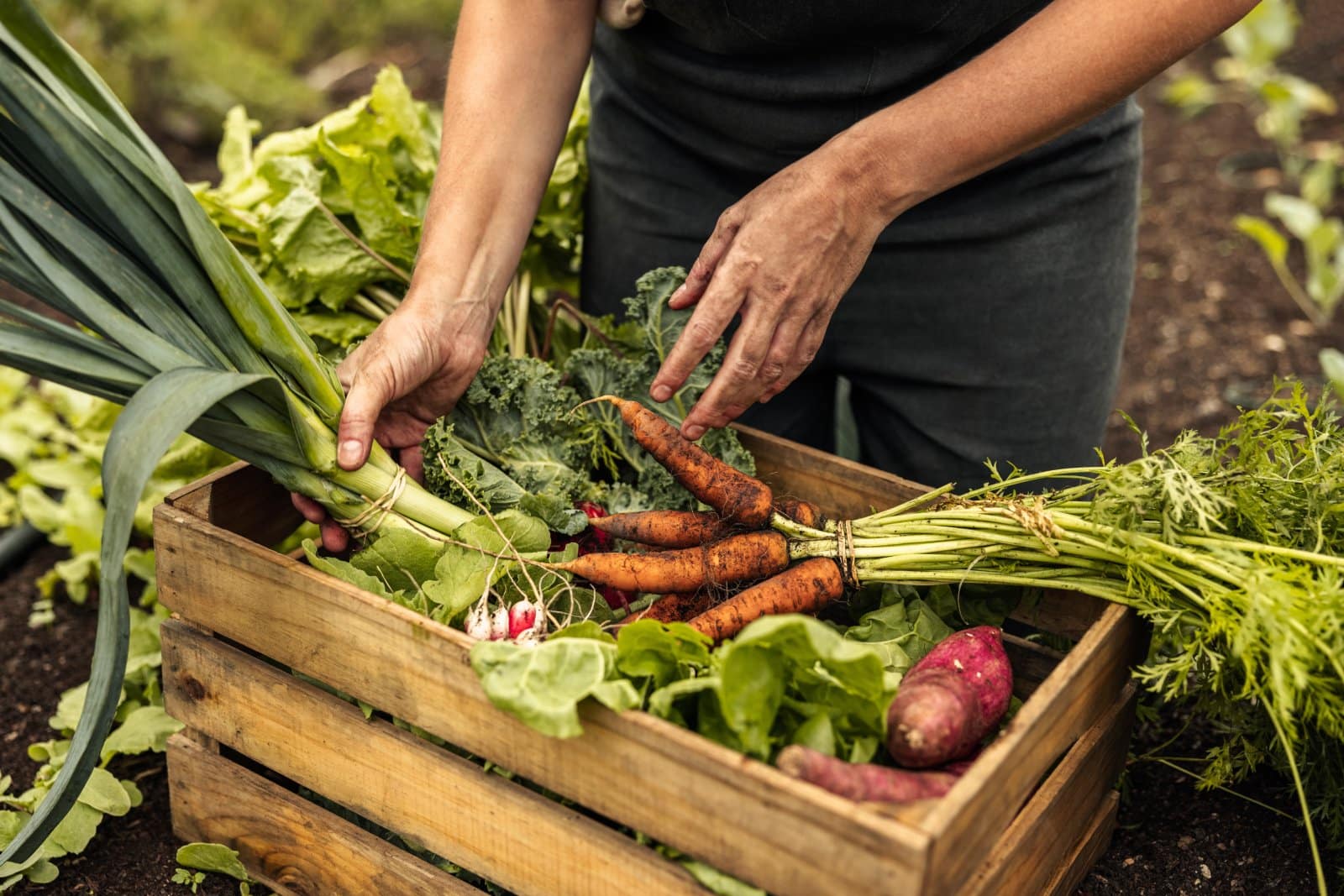
Many of our grandparents had their own vegetable gardens, reducing the need for store-bought produce and the associated packaging and transport.
2. Canning and Preserving
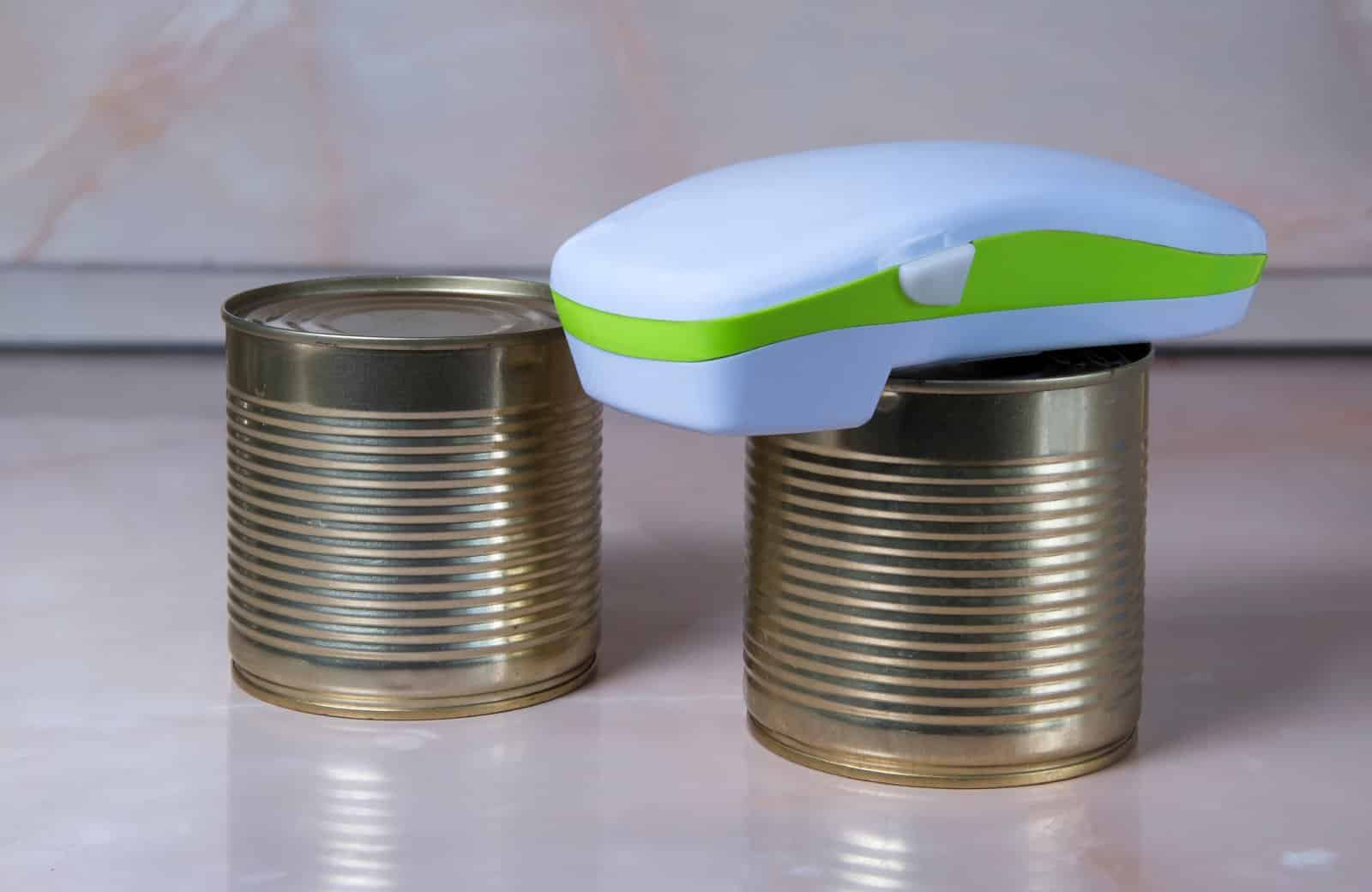
After harvest, they’d can and preserve fruits and vegetables, enjoying them year-round and cutting down on food waste and grocery shopping.
3. Using Cloth Diapers
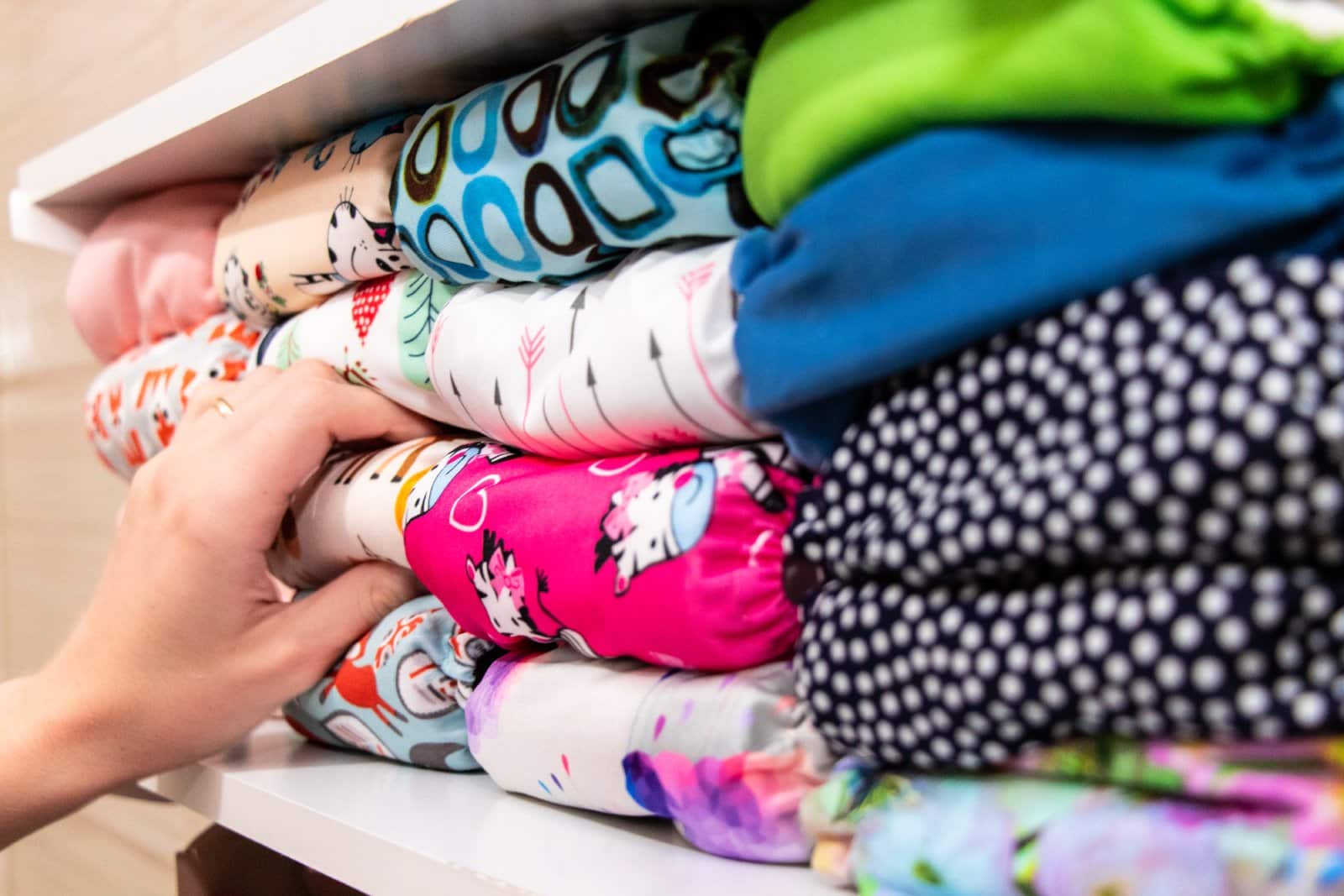
Disposable diapers? Not a chance. Cloth diapers were washed and reused, significantly reducing waste.
4. Line-Drying Clothes
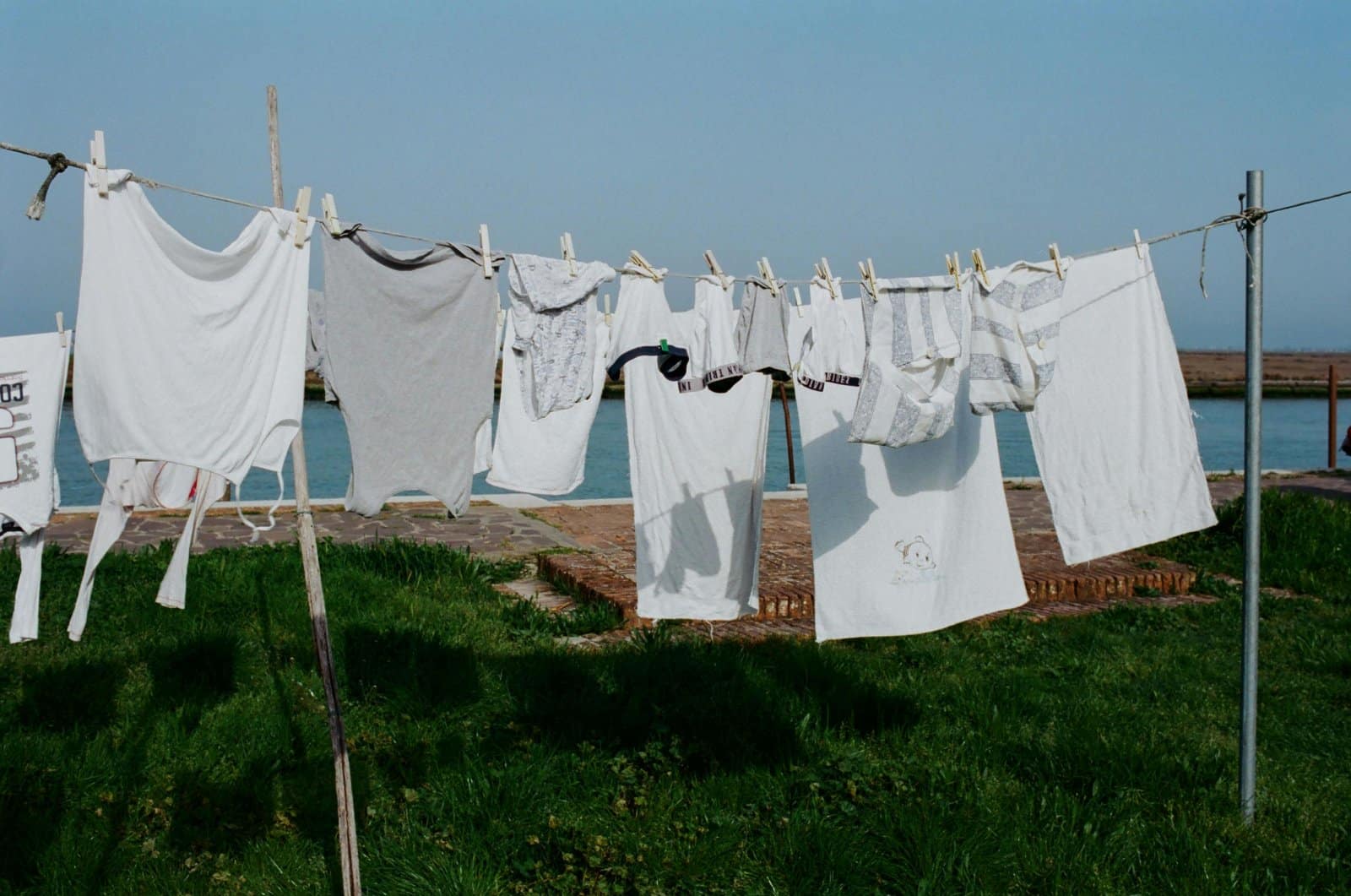
Electric dryers were a rarity; line-drying clothes in the sun was the norm, saving energy and keeping clothes in good condition longer.
5. Cooking from Scratch
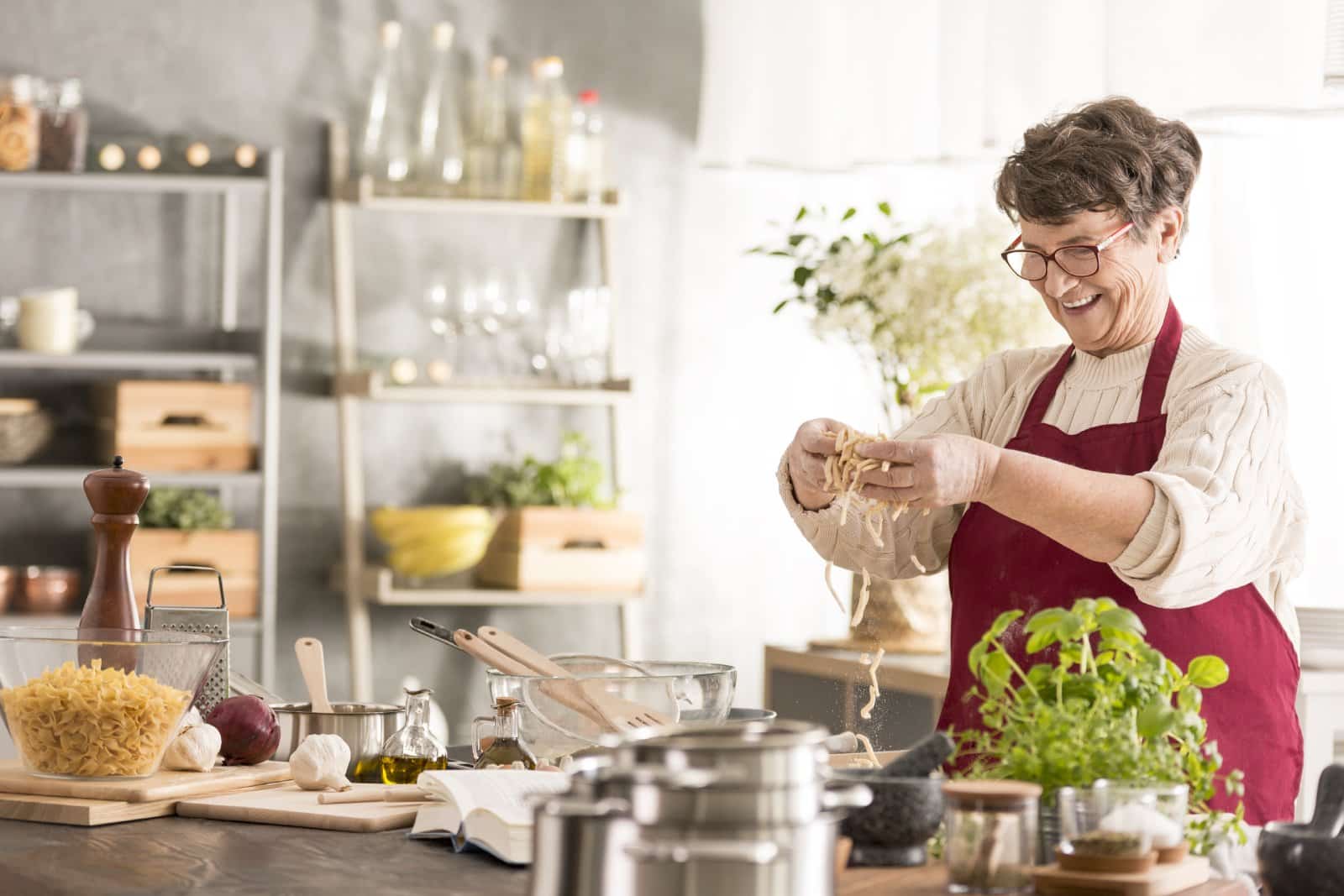
Home-cooked meals were standard, minimizing the need for processed foods, which come with a lot of packaging and preservatives.
6. Walking or Biking More Often

Less reliance on cars meant more walking and biking, which not only saved on gas but also reduced carbon emissions.
7. Using Real Plates and Utensils

Single-use wasn’t in their vocabulary—real plates, utensils, and cloth napkins were used every day.
8. Hand-Me-Downs

Clothes were passed down from sibling to sibling or even between generations, reducing the demand for new clothing.
9. Repairing Instead of Replacing
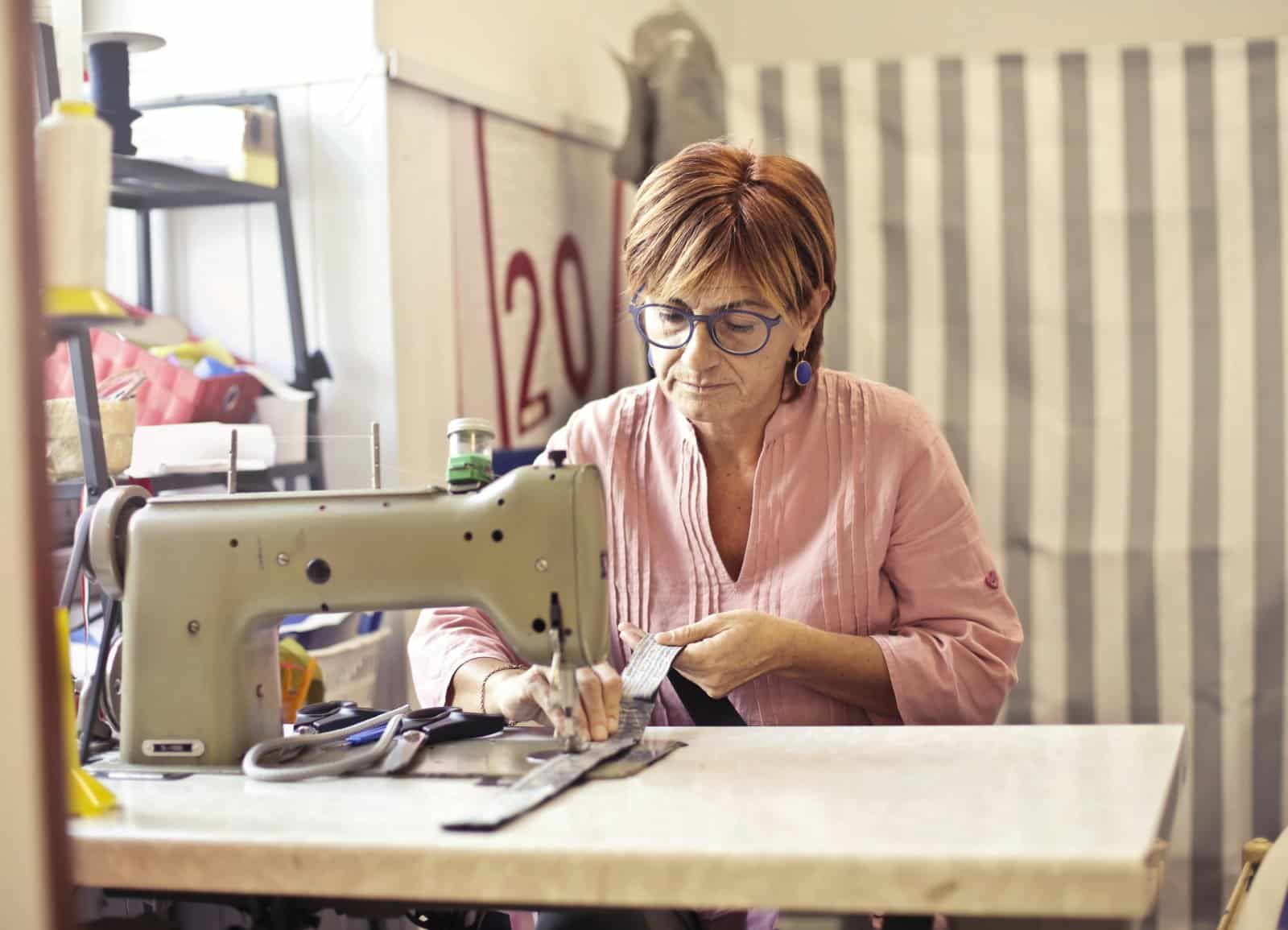
From appliances to clothing, repairing items was preferred over replacing them, extending the life of many products.
10. Making Their Own Cleaning Products
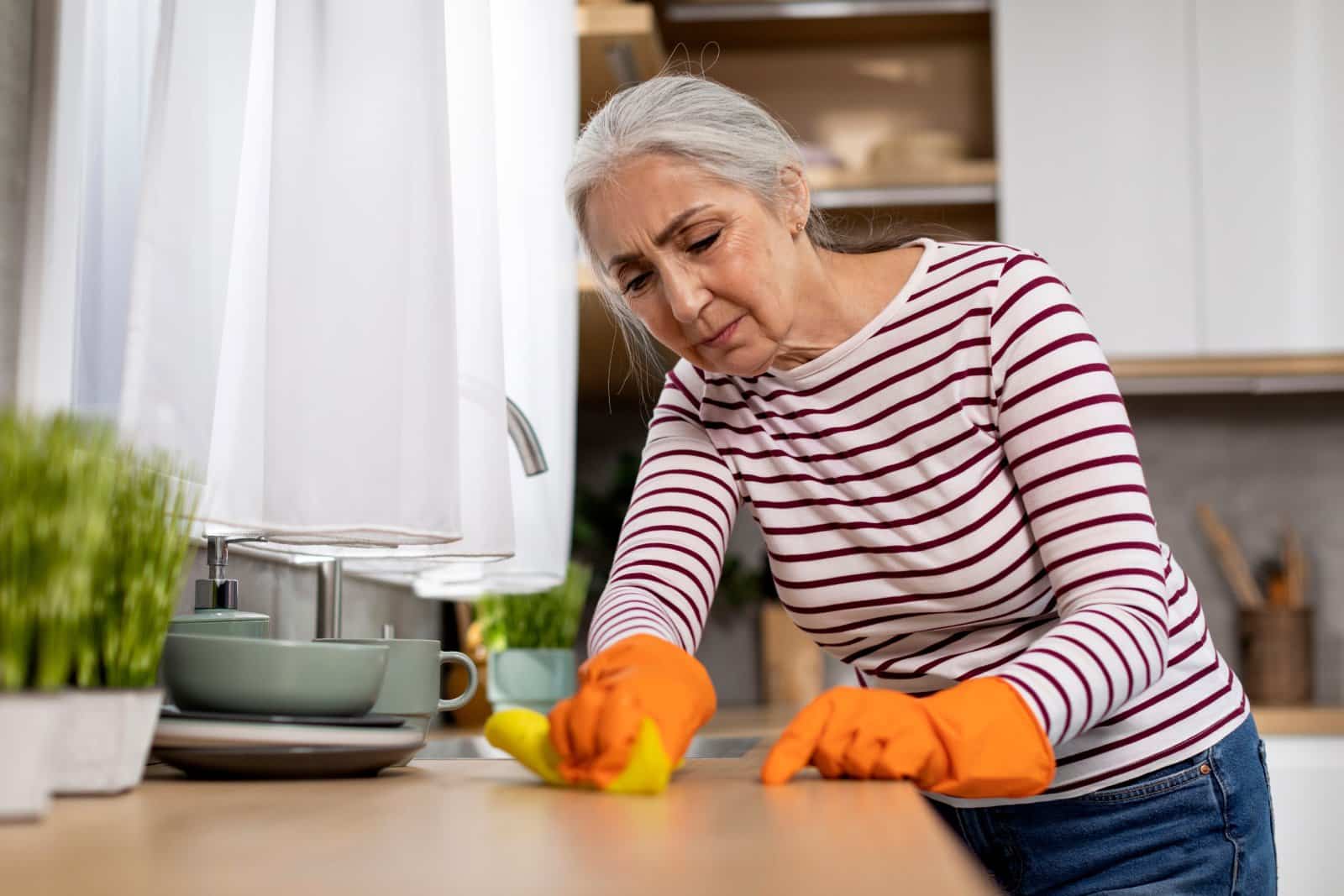
Harsh chemicals weren’t on the shelves yet, so natural products like vinegar and baking soda did all the cleaning.
11. Simple Entertainment

Entertainment didn’t always mean the latest gadgets or streaming services; it was often homemade or enjoyed in nature.
12. Minimalist Living

They bought what they needed and made it last, avoiding the clutter and waste that comes with constant buying.
13. Community Sharing

Tools, books, recipes—you name it, communities shared it, which meant less overall consumption of resources.
14. Using Everything to the Last Drop

Whether it was soap bars or toothpaste, every item was used to its fullest, leaving minimal waste.
15. Home Remedies
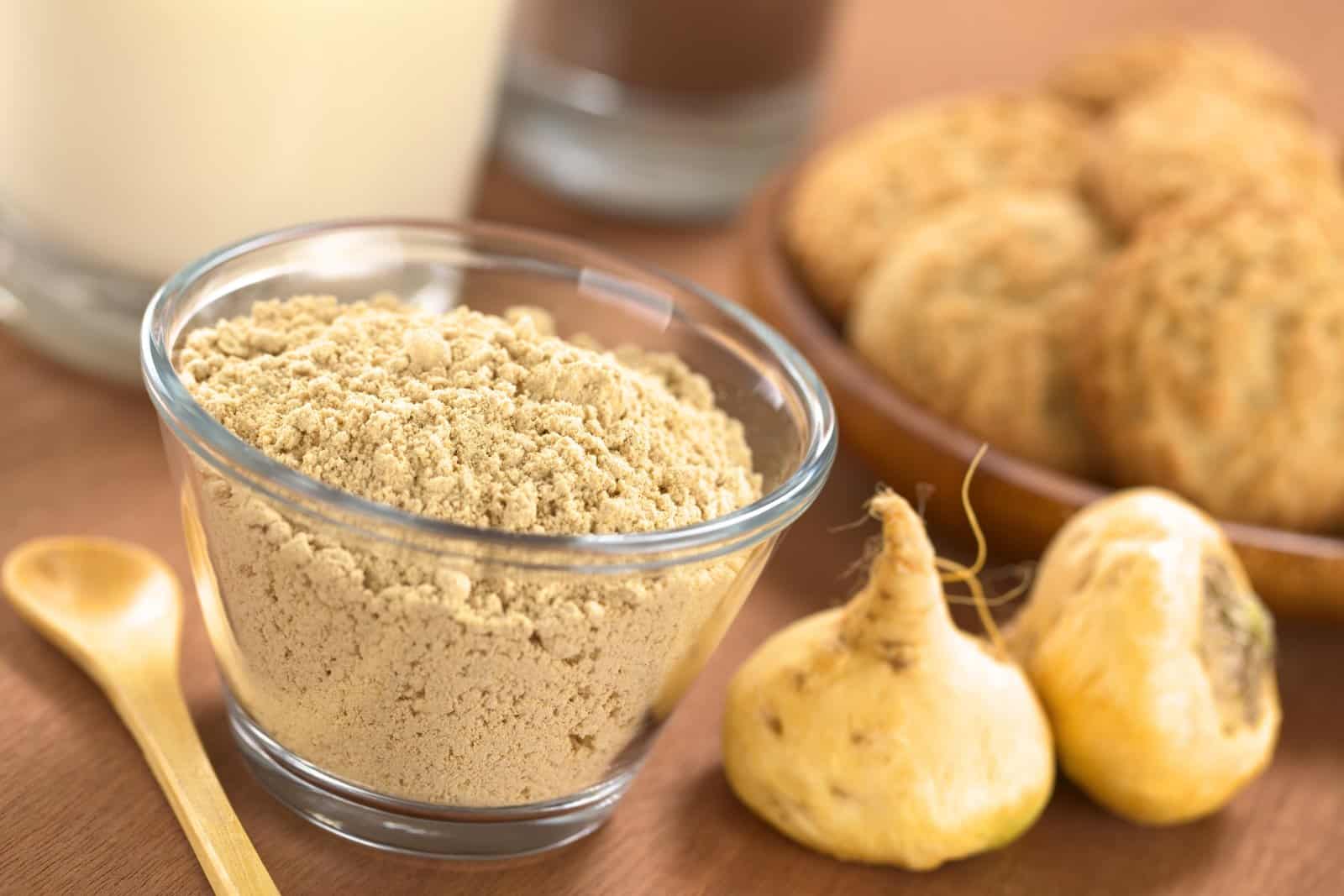
Before rushing to the doctor or pharmacy, home remedies were the first line of defense for health issues, reducing reliance on pharmaceuticals.
16. Milk Delivery in Reusable Bottles
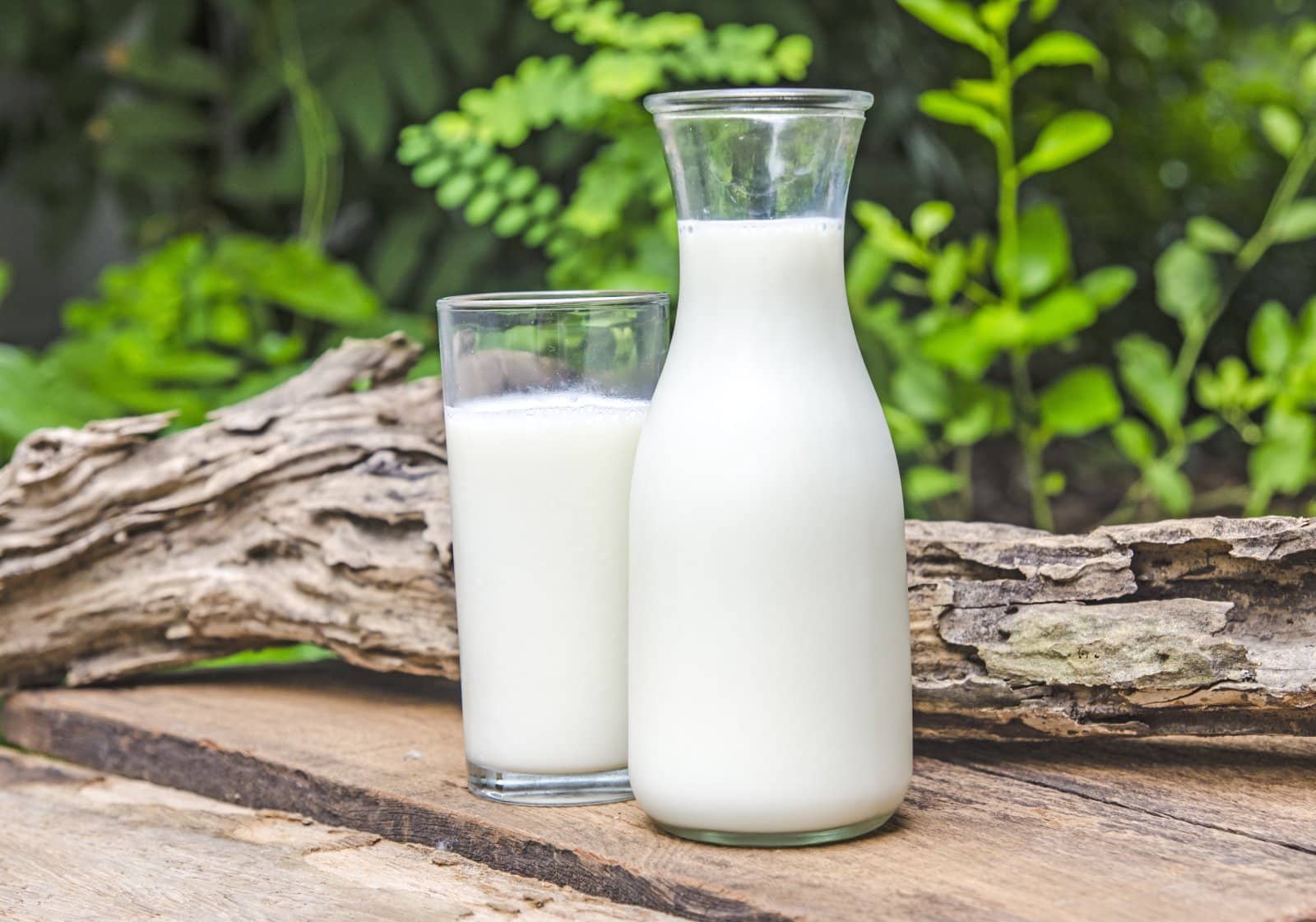
Milk was delivered in glass bottles that were returned, washed, and reused—no plastic cartons in sight.
17. Wool and Cotton Clothing

Synthetic fabrics were rare; natural materials like wool and cotton were more common and didn’t shed microplastics.
18. Saving and Reusing Water
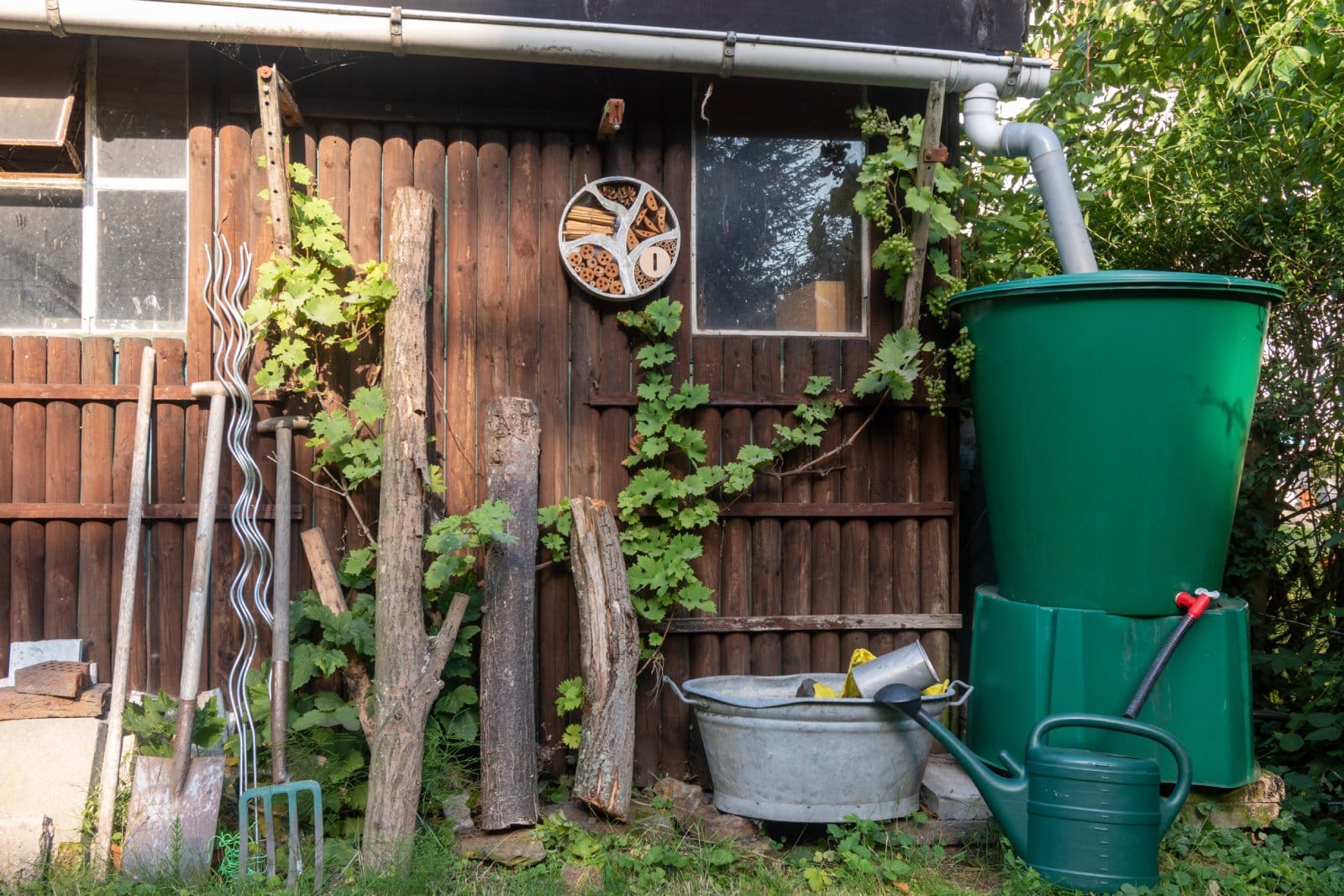
Rain barrels collected water for the garden, and not a drop that could be saved was wasted.
19. Insulating with Newspapers

Before fiberglass or foam, newspapers were used for insulation in walls, a simple and effective way to retain heat.
20. Natural Lighting and Cooling

Homes were designed to make the most of natural light and cooling, reducing the need for electric lights and air conditioning.
21. Homemade Gifts

Gifts were often handmade, requiring time and skill rather than plastic packaging and a shopping trip.
22. Local and Seasonal Eating

They ate what was available locally and seasonally, which meant less energy spent on transportation and refrigeration.
Living Like the Old Days

Believe it or not, these practices not only saved money but also the planet, one small step at a life. Maybe it’s time to take a page out of our grandparents’ book and bring back some of these old-school habits.
Remote No More: 19 Companies Returning to the Office

As the pandemic wanes, companies are recalling remote workers back to the office, sparking debates on fairness, costs, and convenience. However, there are also notable productivity, coworking, and mental health benefits to consider. Feeling the effects of these changes? Remote No More: 19 Companies Returning to the Office
8 Costco Must Buys and 8 to Leave Behind

Ever wandered Costco’s aisles, questioning if that giant jar of pickles is a real bargain? Or debated buying tires where you get your rotisserie chicken? Welcome to the definitive guide to Costco shopping—a journey to save money, prevent regrets, and offer quirky insights into bulk buying. 8 Costco Must Buys and 8 to Leave Behind
23 Reasons Texas Is the Next Big Thing

Texas is becoming a beacon of opportunity, blending cultural heritage with economic growth. From its landscapes to its industries, the Lone Star State offers a dynamic lifestyle. Here are 23 reasons why Texas stands out, attracting entrepreneurs, artists, tech professionals, and families seeking new beginnings. 23 Reasons Texas Is the Next Big Thing
15 Top Sites to Sell Your Unwanted Goods Besides Craigslist

Selling your unwanted items can declutter your space and boost your income. While Craigslist is popular, there are many alternatives with unique features and wider audiences. Explore these 15 Craigslist alternatives for selling everything from furniture to electronics, finding the perfect platform to turn clutter into cash. 15 Top Sites to Sell Your Unwanted Goods Besides Craigslist
Work from Anywhere: 19 Companies Still Supporting Remote Work

Tired of commuting and craving work flexibility? You’re not alone. Many companies now offer remote work, benefiting both employees and employers. Ever wondered how this shift could enhance your work-life balance? Work from Anywhere: 19 Companies Still Supporting Remote Work
The post – 22 Ways Your Grandparents Lived More Sustainably – first appeared on Career Step Up.
Featured Image Credit: Shutterstock / Evgeny Atamanenko.
The content of this article is for informational purposes only and does not constitute or replace professional financial advice.
For transparency, this content was partly developed with AI assistance and carefully curated by an experienced editor to be informative and ensure accuracy.

